某款电动汽车整车线路图设计(含DCDC升压,降压)(含CAD图)(任务书,开题报告,论文说明书14000字,CAD图6张)
摘要
21世纪以来,世界能源紧缺的情况进一步加重,各国纷纷加紧了对石油资源的开采。然而由于石油资源分布的不均衡,造成石油价格的不断上升。汽车所消耗的石油资源占总体消耗量的很大一部分,而近年来世界汽车产量不断上升,越来越多的汽车也加剧了石油的消耗。另外,石油资源的使用也带来了很多的环境问题,如地球变暖、臭氧层空洞等。在这样的情况下,人们开始认识到节能的必要性。电动汽车就这样再次进入了人们的视野,世界各国都开始大力支持本国电动汽车产业的研究与发展。
本文首先对各国电动汽车产业的发展进行了一些研究,也分析了电动汽车的结构与原理。在此基础上,对电动汽车的电气系统进行了设计,主要包括高低压电气系统和整车控制系统,还对车身附属用电设备进行了研究。并结合某款纯电动汽车,设计了一套电动汽车整车线路图。
关键词:电动汽车;电气系统;DCDC变换器;灯光系统
Abstract
Since the 21st century, further aggravating the world energy-hungry, many countries have tightened the exploitation of oil resources. However, due to the uneven distribution of oil resources, resulting in rising oil prices. Automobile oil consumption accounted for a large part of the overall consumption of resources, and rising world production of vehicles in recent years, more and more cars also increased oil consumption. In addition, the use of petroleum resources has a lot of environmental problems such as global warming, ozone hole, etc. In situations like this, people recognize the need for energy conservation. Electric vehicles so once again come into the horizon, countries around the world have started to support the research and development of electric vehicles.
This paper studies the development of EV industry in the world, and analyzes the structure and principle of electric vehicles. On this basis, designed the electrical system of EV, including high and low voltage electrical systems and vehicle control systems, and the electrical equipment. At last, according to a pure electric vehicle, design a set of electric vehicle wiring diagrams.
Key Words:Electric vehicle; Electrical system; DCDC Converter; Lighting System
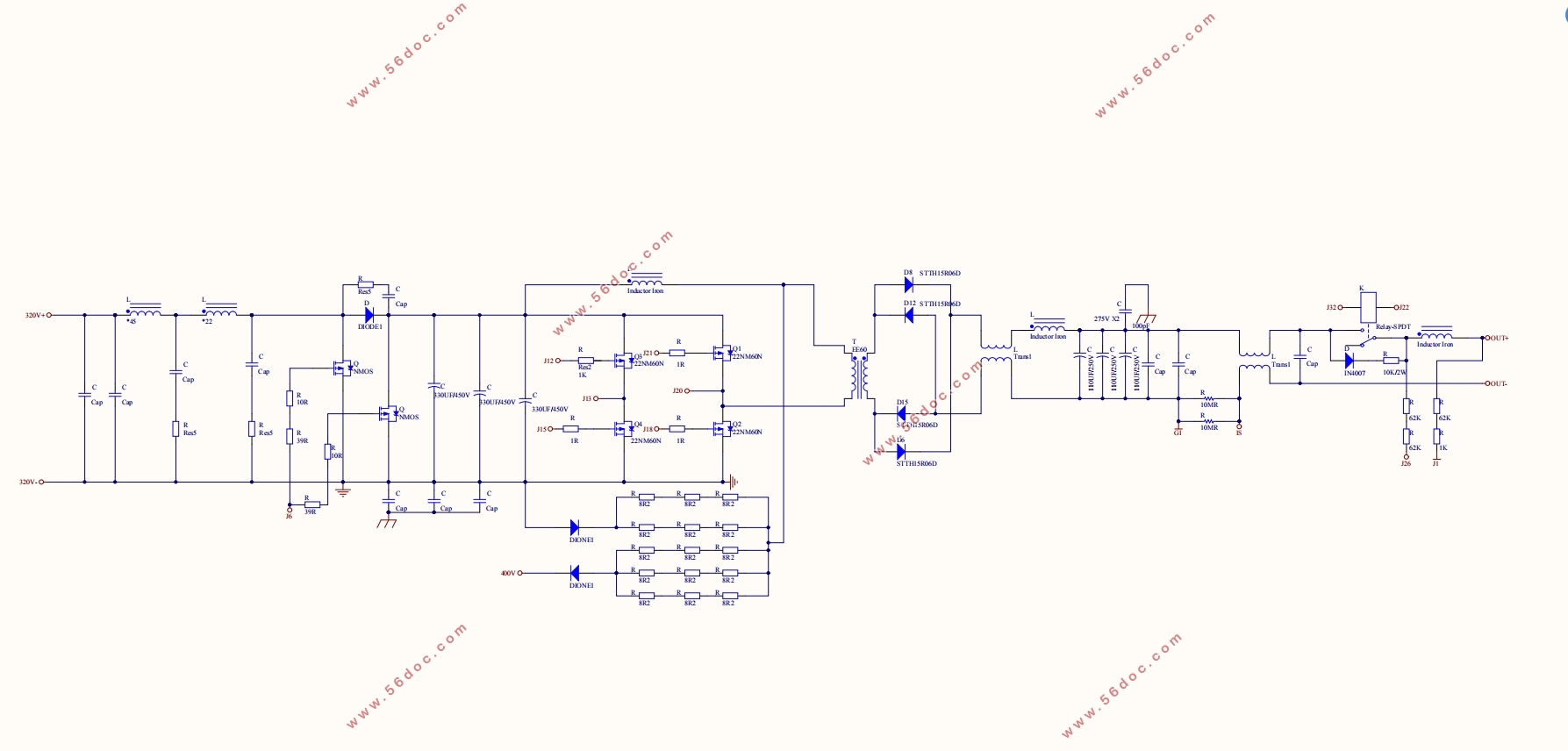
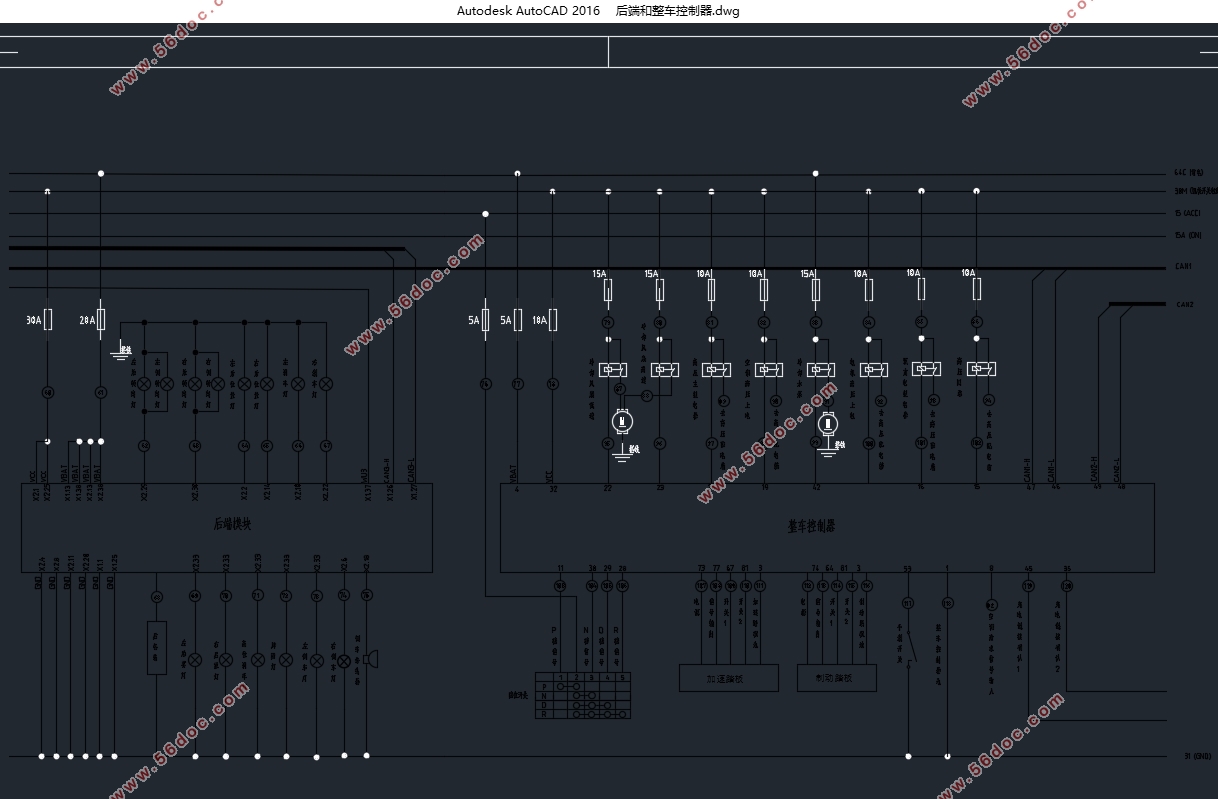
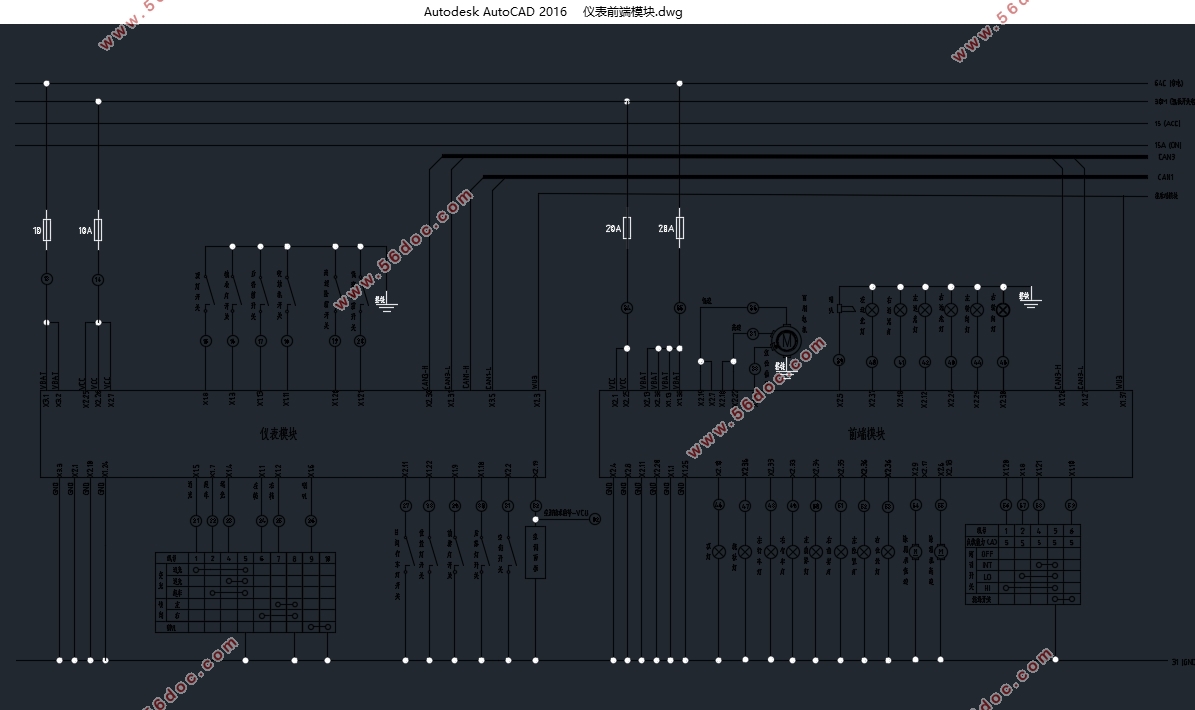
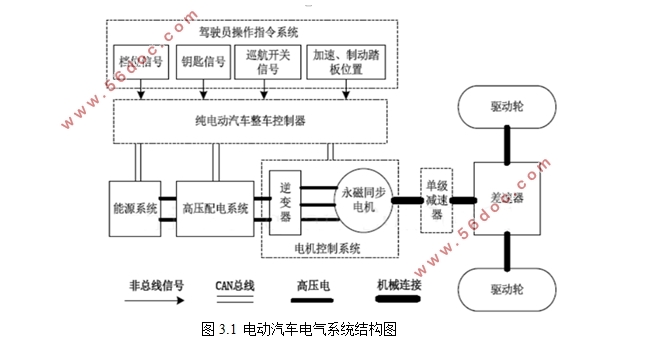
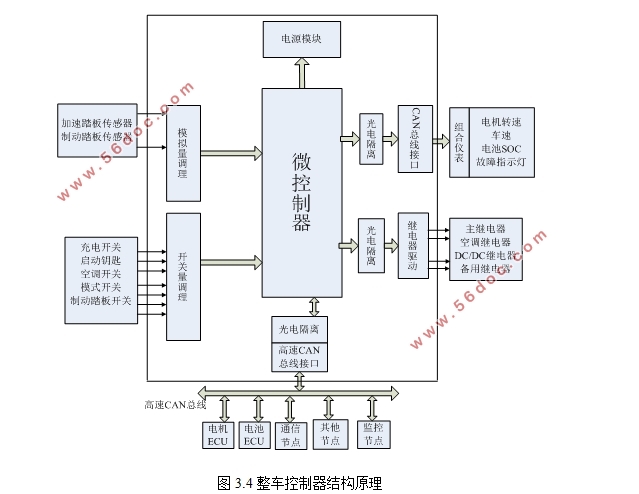

目录
第1章绪论 1
电动汽车的历史与现状 1
1.2国际电动汽车的发展状况 1
1.3 国内电动汽车的发展状况 4
1.4 本文主要研究内容 6
第2章电动汽车驱动电机设计 7
2.1驱动电机概述 7
2.2驱动电机参数设计 8
第3章电动汽车电气系统设计 11
3.1电动汽车电气系统 11
3.1.1电动汽车电气系统的组成 11
3.1.2电动汽车控制系统工作流程设计 12
3.2电动汽车整车控制系统设计 14
3.2.1基于CAN总线的电动汽车整车网络系统设计 14
3.2.2整车控制器 15
3.2.3电池管理系统 16
3.3电动汽车高压电气系统设计 17
3.4 DCDC变换器设计 19
第4章电动汽车附属用电设备设计 21
4.1电动车窗设计 21
4.2灯光系统设计 22
4.3其余用电设备设计 23
第5章结论与展望 25
5.1结论 25
5.2展望 25
参考文献 26
致谢 27
|













